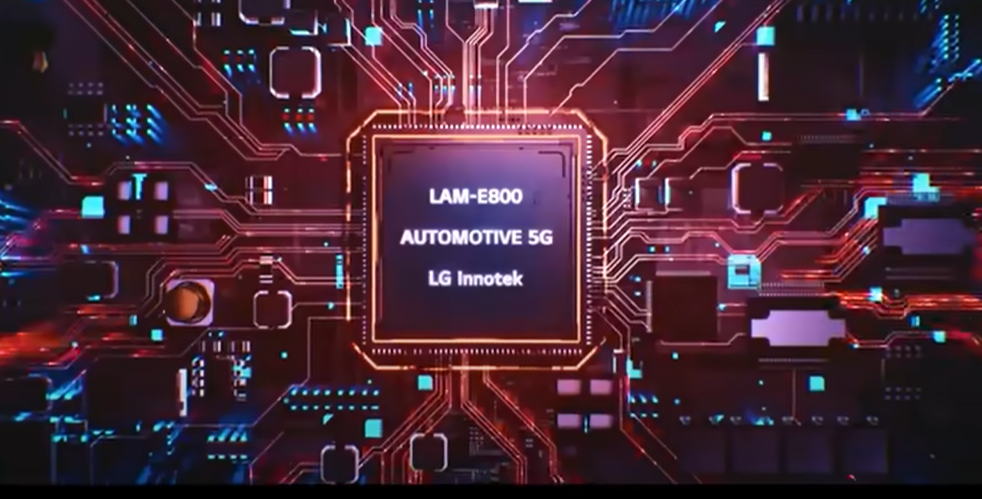LG Innotek has announced a breakthrough in quality control with the development of the industry’s first artificial intelligence (AI)-based inspection system for incoming raw materials. The new technology, designed to identify defects before production begins, represents a significant advancement in ensuring the use of high-quality materials in the semiconductor manufacturing process.
Previously, visual inspections were the standard method for evaluating raw materials entering production. However, as semiconductor technology advanced, visual checks were no longer sufficient to catch microscopic defects that could affect product reliability. LG Innotek’s AI system aims to address this challenge by employing advanced image processing and machine learning to detect quality issues early.
The AI-based system has been applied to the Radio Frequency System-in-Package (RF-SiP) process and is now being used for the Flip Chip Ball Grid Array (FC-BGA) process. This development is expected to further enhance the competitiveness of LG Innotek’s semiconductor products, which are used in a variety of high-tech applications.
The Problem with Traditional Inspections
With increasing demand for precision in semiconductor substrates, such as tighter circuit spacing, defects caused by air voids or foreign particles have become more problematic. These defects, often invisible to the human eye, can cause performance failures in semiconductor products. Raw materials such as Prepreg (PPG), Ajinomoto Build-up Film (ABF), and Copper-Clad Laminate (CCL) are composed of glass fibres and other inorganic compounds. While these materials have traditionally been inspected visually, the rapid advancement of semiconductor technology has revealed the limitations of this method.
One analogy often used by industry experts likens a batch of raw materials to cookie dough: it’s impossible to visually detect the exact concentration of ingredients or the number of air pockets in the dough. Similarly, identifying defects in raw materials for semiconductor substrates requires a far more sophisticated approach.
AI to the Rescue
LG Innotek’s newly developed AI system addresses this industry-wide issue by analysing raw materials in just one minute, with an accuracy rate exceeding 90%. Using data from tens of thousands of material samples, the AI model can distinguish between suitable and unsuitable batches with great precision. The system not only detects defects but also visualises the quality deviations in raw materials, allowing engineers to adjust production before any defects can impact the final product.
The benefits of the system are clear. LG Innotek reports that defect analysis times have been reduced by up to 90%, and the cost of identifying and correcting defective materials has been significantly lowered.
An official from LG Innotek noted, “Our AI-based system ensures only the highest quality materials enter the production process, drastically reducing the time and cost associated with defect resolution.”
Expanding AI Across Industries
LG Innotek‘s system will soon be shared with suppliers and customers through digital partnerships, allowing for even greater control over the quality of raw materials. In addition, the company plans to expand the technology into other areas, such as optical solutions for camera modules, where detecting defects through AI image processing could revolutionise quality control.
S. David Roh, LG Innotek’s Chief Technology Officer, commented, “Our AI-based inspection system represents a major step forward in digital production technology. It allows us to deliver top-quality products faster and at lower costs.”
As LG Innotek continues to innovate in the field of AI and digital production, the company is committed to ensuring the highest quality standards in semiconductor and optical technology for global markets.

